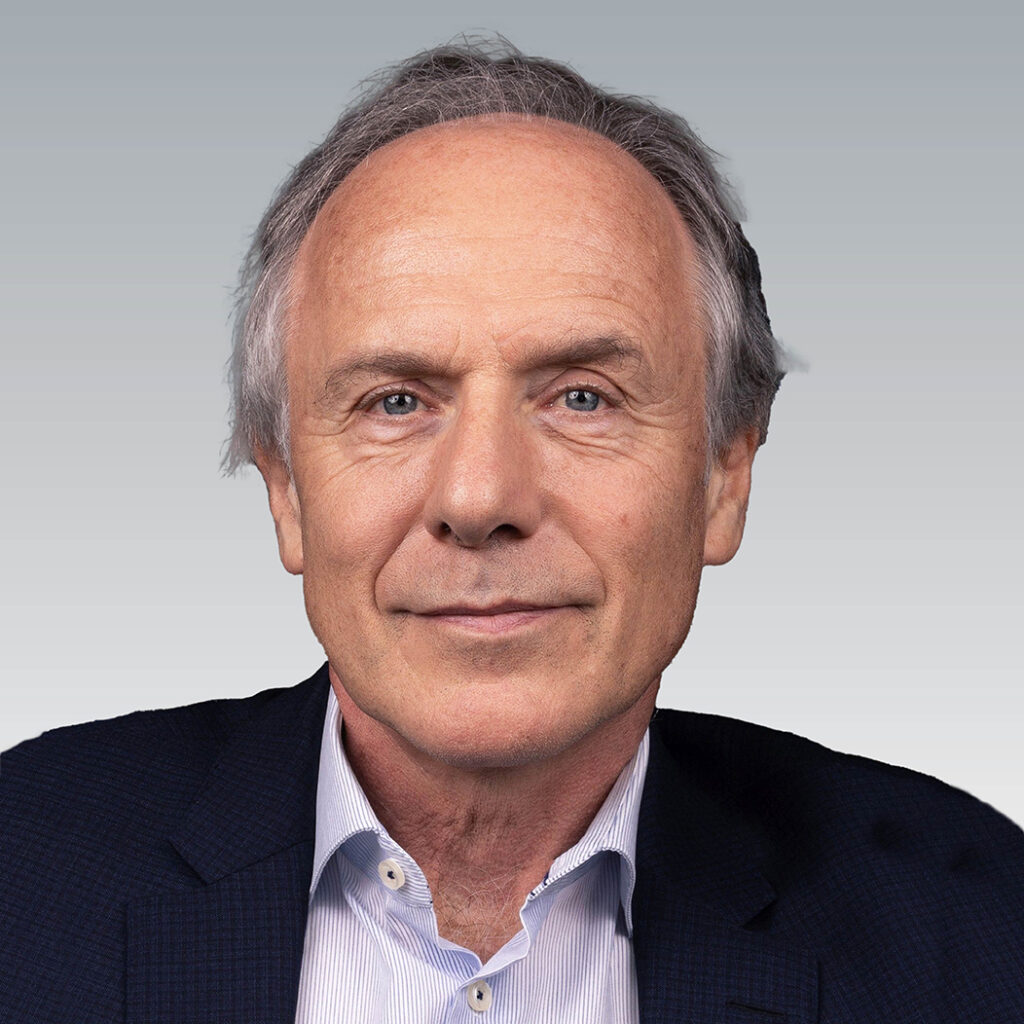
Politicians will always sing the praises of expert advisers, but translating that into outcomes is something else entirely.
Being an expert adviser to government can be an art and a science. Professor Alan Finkel, former chief scientist and a go-to problem-solver for leaders of all stripes, shared with The Mandarin how he approaches the task as an engineer.
“I did my PhD in electrical engineering, but I did my postdoctoral research in neuroscience, and I spent my working career building scientific devices for other neuroscientists,” Finkel said. “The engineering half of me basically says ‘there’s a solution to every problem but you have to follow the engineering method, which starts by defining the problem’.” Time and time again, Finkel said he observed people with a vision or some confident imagination about what a problem was jumping into solutions mode. Taking time to properly understand the problem that needed to be solved was in most cases half the battle. “If you just stopped for a bit and said, ‘What really is the problem here that we’re trying to solve?’ It recalibrates you,” Finkel said. Once the problem was identified and defined, an engineer’s five-step process will help to reveal the solution.
“Define the find the problem, analyse it, develop a solution as a prototype, test it, iterate – prototype and test, prototype and test, prototype and test — and then finally, choose one of those things that you’ve developed and deliver an outcome,” Finkel said.
Trust was also imperative if experts wanted their advice taken seriously by political masters, Professor Finkel added. He said he always approached the process of building up a package of advice with an evidence base – academic reviews or deep-dives with other experts.
“I never said to government: ‘You should do this or that because it feels like a good thing’.
“[Trust comes from] if you give thoughtful, bold, action-oriented advice, but thoughtful in the sense that it’s based on evidence,” he said.
Diplomacy and tact also went a long way, he added, echoing similar views shared by incumbent chief scientist Dr Cathy Foley (https://www.themandarin.com.au/202596-
word-from-an-expert-on-how-to-land-evidence-based-advice-on-ministers/). This meant delivering advice with respect and avoiding behaviour that lauded intellect over others or could be interpreted as denigrating their different perspective.
“I find that there’s no reason not to have respect for everybody you’re dealing with, irrespective what side of politics you’re on. I’m not politically aligned, so it doesn’t matter to me. But it is difficult, in some cases to feel philosophically aligned to people,” Finkel said.
“Whether they’re a committee member, or a chair or a background briefing for the backbench, or delivering something to a minister, or sitting into a cabinet meeting as an adviser and being called upon to give advice — to the maximum extent possible, be fact-based, evidence-based and always be respectful.”
For academics in particular, Finkel cautioned against taking an arrogant view that your opinion (expert although it may be) was more important than that of others. It was important also that expert advisers to government recognised politicians had to consider many perspectives and balanced competing interests to land on a decision, he said.
Using the example of coal-fired power stations, he pointed out that what seemed to be an obvious way forward to scientists was not as clear-cut when considered through the lens of economics and society’s energy needs. Job prospects, a ready supply of alternative energy sources, and targets to drive down emissions are all relevant issues politicians had to evaluate, in addition to the expert advice.
“You do get often from scientists, ‘Our view should be heard because it’s based on science. Our views are more important than anything else because it’s based on the science’. Well, it’s not true,” Finkel said.
“[Advice] has to be based on the science, and it’s got a certain degree of importance, but a politician has to weigh advice from multiple sources – they’ve got to listen to the economists, listen to the scientists, and listen to the community representatives. Depending on the politician, there may also be other things that arguably they shouldn’t listen to, but they will.
“We don’t get to pick out politicians directly. There are good ones and there are less good ones, some of them can rise above their historic political position and look at things,” he said.
Finkel reflected that politicians were a key part of the puzzle in ensuring expert advice did make a lasting impact because they would hopefully help to create the right conditions for change. He said achieving a path forward that incorporated multiple points of view was the definition of democracy, and the best way for expert advice to deliver the closest possible thing to a ‘win-win’ scenario.
“If you just shut down coal because it’s a high emitter but you haven’t already in advance built solar wind batteries and transmission lines, or whatever you need to, to provide a zero-emissions alternative, chaos prevails,” Finkel said.
“From a political point of view, it would be a disaster. In fact, from the scientist’s point of view, it’s a disaster because you lose the buy-in of the broader community. Once you hit people’s pocketbooks or give them an unreliable electricity supply, all of a sudden that becomes a more daily reality for them than [climate change] five or 20years from now,” he said.
Finkel is one of 11 esteemed judges, including former PM&C secretary Martin Parkinson, former cabinet minister Kelly O’Dwyer, former Victorian premier John Brumby and University of Canberra chancellor Professor Tom Calma, who will choose a winner of the prestigious
McKinnon Prize (https://www.mckinnonprize.org.au/)
The 2022 McKinnon Prize recipients will be announced in March.